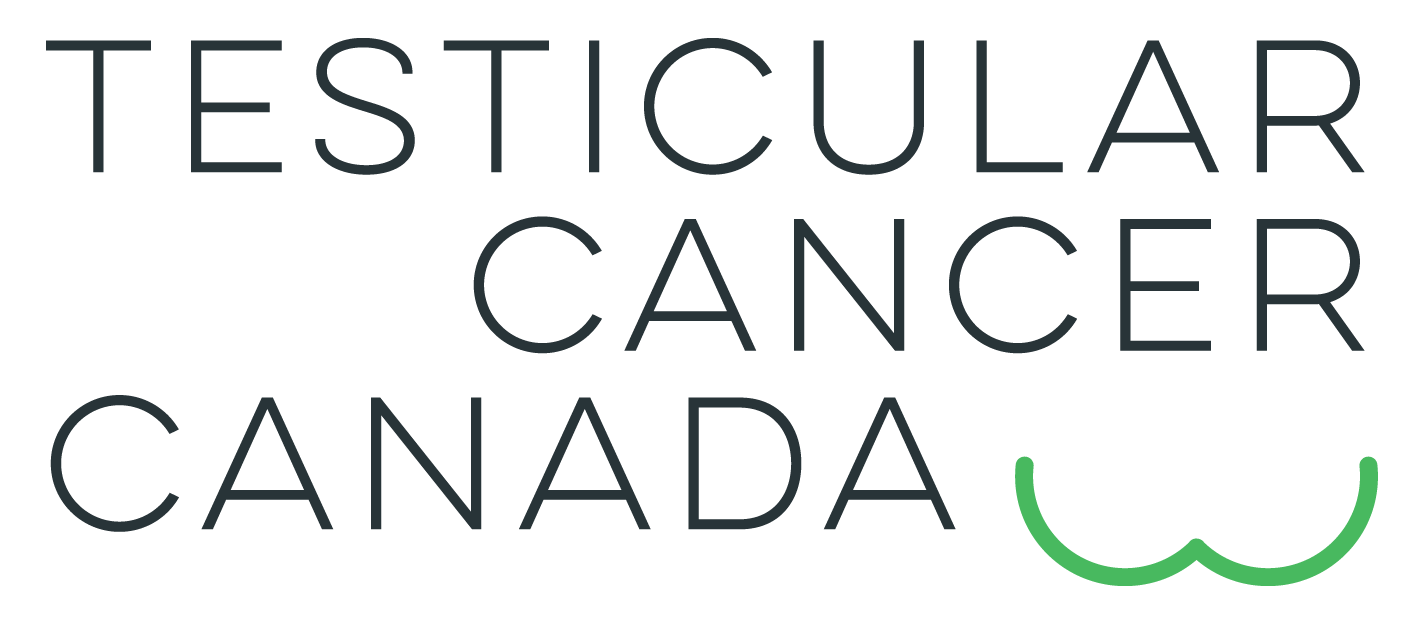Orchiectomy? Never heard of that word!
The diagnosis and initial treatment for testicular cancer is most often a surgery to remove one or both testicles. This is called orchiectomy (say "or-kee-EK-tuh-mee"). Most men find testicular cancer themselves by chance or during a self-examination. Sometimes it is a partner who finds it during sexual activity. Or a doctor may find it during a routine physical examination.
Because other problems can cause symptoms like those of testicular cancer, your doctor may order tests to find out if you have another problem. These tests may include blood tests and imaging tests of the testicles such as an ultrasound or a CT scan.
If these tests show signs of cancer, you will have surgery (orchiectomy ) to remove the testicle. Surgery is the only way to know for sure if you have testicular cancer and what kind of cancer it is.
Medically reviewed by Urologic Oncologist Dr. Robert J. Hamilton on 03/20/2022
Radical inguinal orchiectomy
Rather than doing a biopsy of the testes, which can trigger cancer spread, doctors almost always do what’s called a radical inguinal orchiectomy. It's called "radical" because it removes the spermatic cord along with the testicle and tumor. The cord has blood and lymph vessels that could let the cancer spread to other parts of the body.
And it is called "inguinal" because the testicle is removed through a small cut (incision) made in the lower abdomen (groin).
In a radical inguinal orchiectomy, your surgeon will make a small cut just above your pubic area, will push your testicle up and remove it through that opening.
The surgery usually takes about an hour. In most cases, the surgeon will use stitches that dissolve on their own in 1 to 3 weeks and do not need to be removed. You may go home the day of your surgery, or you might have a short hospital stay.
Your recovery
You can expect to feel better each day. But you may have some mild to moderate pain for several days after surgery. You may need pain medicine during this time. Your scrotum may be swollen after surgery. This is normal. The swelling usually goes down within 2 to 4 weeks. You should be able to do most of your normal activities after 2 to 3 weeks, except for those that require a lot of physical effort.
You will be provided detailed instructions about your recovery process and when to seek immediate medical care. These instructions can include:
wearing a jockstrap or snug underwear for a few days to help with swelling
using ice packs to reduce swelling
keeping the incision clean and dry
taking ibuprofen or another nonsteroidal anti-inflammatory drug for pain and swelling
avoiding strenuous physical activity, such as lifting heavy objects and running
drinking lots of water and eating high-fiber foods to keep bowel movements regular
Click here for additional information about your recovery
Remember
Removing one or both of your testicles won’t directly affect your ability to have an erection or your sexual function. In some rare cases, if your other testicle is not healthy or if you have both testicles removed, it’s possible that the orchiectomy could cause your testosterone level to be low and this could lead to softer erections and lower sexual desire (“libido”). In such cases, you may choose to take testosterone (either gel applied to the skin or injection). You can ask your doctor about this.
Similarly, there is a chance that after removing one testicle, or in those rare cases where both testicles need to be removed, our body won't be able to make sperm. If you want to have children or aren’t sure, the safest plan is to speak to your doctor about storing sperm before your orchiectomy.
Take the necessary time to visit each of our pages on this website to familiarize yourself with the disease. Do you have questions or concerns? Above all, do not hesitate. Contact us via Messenger on our Facebook page. It’s simple, free and confidential.
Video to review
Get To Know Your Balls
Let’s Talk Balls
Pages of our site that might interest you
Want to know more? Just click on the link below.
Treatment
TCC news that may interest you
Each month, we publish a blog article. Here are a few for you.
I’m opening a sperm bank account!
How to boost my sperm?
Can I make babies naturally?
Going back to a so-called normal life
Sources and References
Testicular Cancer Canada
Public Health Agency of Canada-Fertility
UHN: A Courageous Journey...
Written by Testicular Cancer Canada. © All rights reserved - 2022
